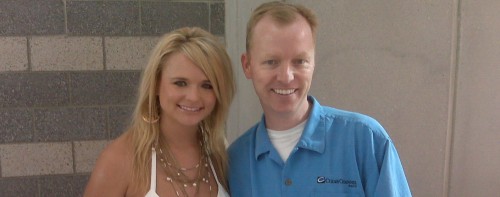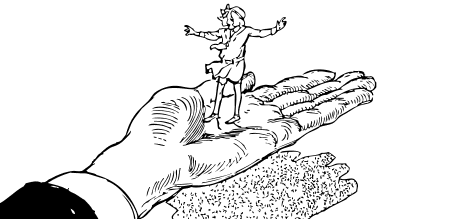Podcast: Play in new window | Download
Subscribe: RSS
The Fastest Way To Improve Your Podcast
I hesitated to publish this episode. I don’t want you to think this is simply one big commercial for my services. Sure, I can offer help. You can also find help in many places. I would encourage you to find this feedback somewhere.
Improvement is important to your show. Continued improvement helps you attract more listeners with each episode. Improvement is so important, I decided to publish this episode at the risk of turning off a few people. I think you need to hear it. The information is that important if you put it to work.
You see coaches everywhere. Life coaches. Career coaches. Sport coaches. Birthing coaches. Speaker coaches. Executive coaches. It seems coaching is a big part of the world today. Why is that?
Coaching is prevalent in our society, because coaching works. Coaching gets results. Communication is improved through coaching. Most importantly, coaching works, because the goals of your coach are your goals. Coaching helps you face difficult truths, learn how to make powerful change and maximize your potential.
The best speakers, the best executives and the best athletes all have coaches. Coaching helps the best become the best and stay at the top. Coaching is a powerful, secret weapon of those at the top of their game.
How can a coach help you take your podcast to the top? There are five areas where a coach can help you. A coach will help you assess your current situation and see the big picture. Your coach will help you develop your goals and plan. You will be held accountable by your coach. You will have your own personal cheerleader. Finally, your coach will provide regular feedback to help you with improvement.
THE BIG PICTURE
A coach will help you assess your current situation and see the big picture. Sometimes it helps to have another set of eyes helping you see the forrest through the trees. A great coach will help you clear away all the clutter to gain clear focus for your show.
A personal coach will help you honestly assess your strengths and weaknesses. These assessments are specific to your show. Your coach is not simply offering cookie cutter prescriptions. Once you understand your strengths and weaknesses, you can capitalize on the strengths and minimize the weaknesses.
GOAL DEVELOPMENT
Your coach will help you develop your goals and a plan to achieve those goals. What do you hope to accomplish with your podcast? How does your show fit into your overall business plan? Does your podcast include a clear call to action. Your coach can help you develop each of those areas.
ACCOUNTABILITY
Some people need a little extra push to remain focused on the task at hand. Your coach can help hold you accountable to your goals. The best part of that accountablily is the goals are your goals. It is your agenda. Your coach is simply helping you achieve the goals you have set.
CHEERLEADER
Fear and self doubt prevent many people from achieving their goals. We all have a little critic inside our head telling us we aren’t quite good enough or we do not have the authority to succeed. The impostor syndrome destroys far too many great business ideas.
When you have a coach, you will have your own personal cheerleader. Your coach will help you build self-confidence.
FEEDBACK
Finally, your coach will provide regular feedback to help you with improvement. Feedback will help you improve your competence. Nobody knows everything. Collaboration helps everyone learn. New ideas, new approaches and new contacts all come from great collaboration. A great coach can help you achieve that improvement.
A great coach will share knowledge and expertise with you that will help you discover new ideas and concepts. It is difficult to improve when you don’t know what you don’t know. A coach can use years of experience to help you discover new processes and information.
It happened to me when I began in broadcasting 25 years ago. There were so many great broadcasters that came before me. Who was I to be on the radio? What did I know about broadcasting? Over two-and-a-half decades, I’ve learned the secrets of the great broadcasters to overcome that fear to create powerful relationships with my listeners.
I’ve helped many broadcasters and podcasters over the years. Many have reached the top of their game. Over the last 15 years, my own personal radio show has been #1 over 80% of the time. I know what works, and it isn’t the big radio voice and cheesy lines you heard on the radio 20 years ago. This is a new era. It is a relationship era. It is time to use your podcast to create meaningful, powerful, profitable relationships with your listeners.
I can help you create those relationships using these five coaching areas. I can help you assess your current situation and see the big picture. Together, we will develop your goals and plan. You will be held accountable to your own agenda. You will have your own personal cheerleader. Finally, you will receive regular feedback to help you with improvement. Are you ready for a coach?
Please understand I cannot help everyone. My time is limited. I can only help those that I feel will benefit most from my coaching. A collaborative discussion can help us determine the possibilities. After talking, if we find we cannot work together, please don’t let that stop you from finding someone to help you achieve your dreams.
If you feel you could benefit from my help, e-mail me at Coach@PodcastTalentCoach.com. We can collaborate on a plan to crate a powerful podcast.





















